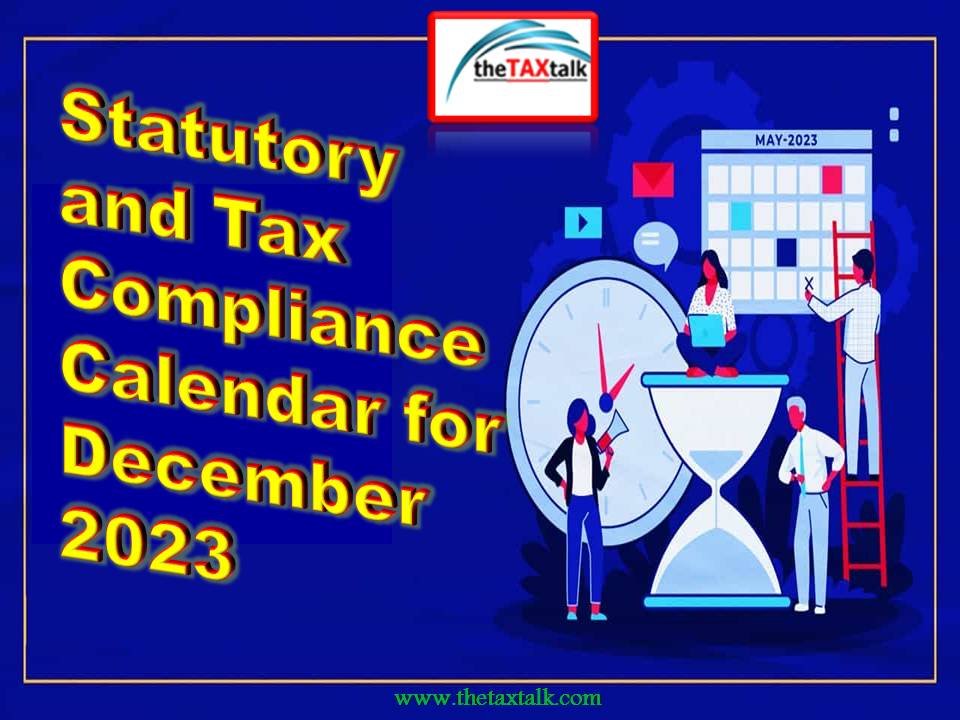![]()
Whether the delay in filing returns after receiving a Best Judgement Order can be condoned?
Section 62 of the CGST Act, 2017 states that where a registered person fails to furnish return, the proper officer may proceed to assess the tax liability of the said person to the best of his judgement taking into account all the relevant material which is available. The said section further states that if the registered person files the returns within 30 days of receiving the order, then such order may be deemed to be withdrawn.
In a recent case Comfort Shoe Components v/s Assistant Commissioner [TS-694-HCMAD-2023-GST], the proper officer invoked this section against a taxpayer who hadn’t filed returns for three consecutive months. The taxpayer, upon receiving the order, promptly filed the returns, but the 30-day window had lapsed.
While emphasizing on the petitioner’s right to file returns, the Madras High Court stated that the same shouldn’t be compromised due to the order being passed at the earliest point of time. The court reasoned that, sans the order, the petitioner would have submitted returns even without paying interest and penalties. Thus, the court concluded that the 30-day timeframe stipulated in the section is directory in nature. Any such delay for reasons beyond the petitioner’s control, can certainly be condoned.




